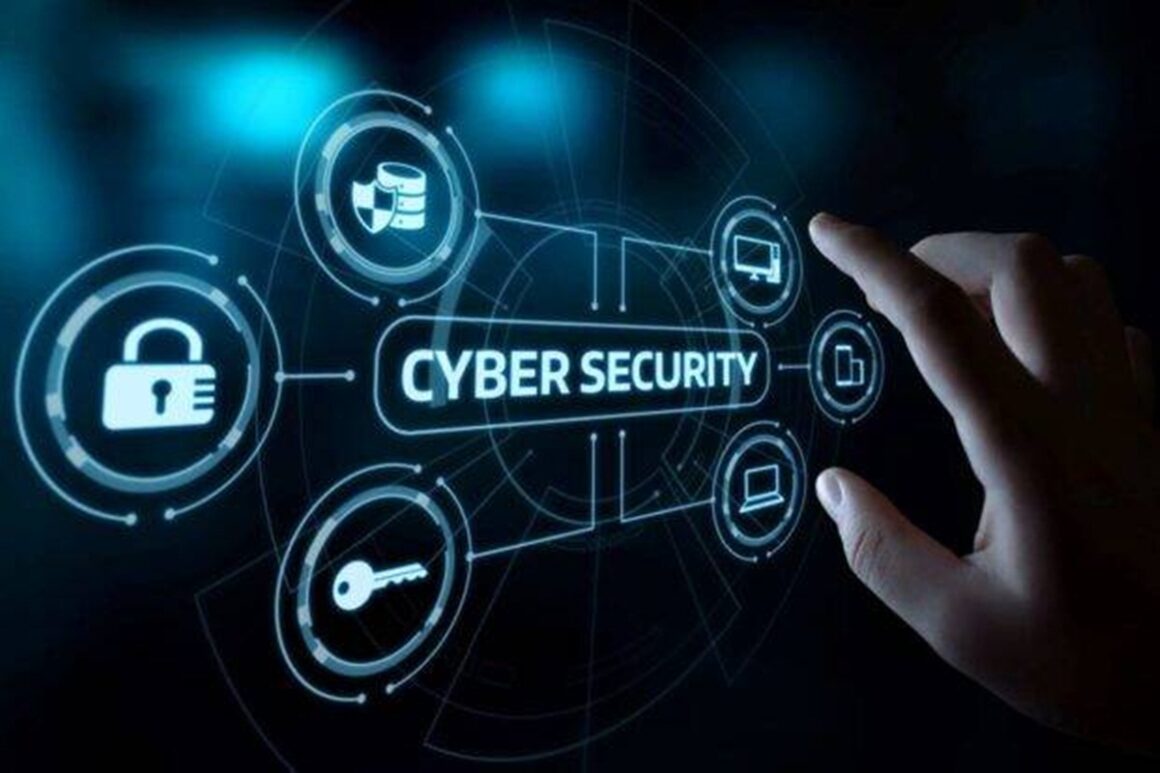Table of Contents
Essential Guide to Cybersecurity in Today’s Digital WorldIntroduction
As technology deeply integrates into every aspect of our lives, the need for robust cybersecurity measures becomes increasingly crucial. With digital platforms expanding and cyber threats becoming more sophisticated, individuals and organizations must prioritize cybersecurity to protect sensitive information and maintain trust. This guide explores why cybersecurity is a fundamental necessity in the digital age and outlines the top reasons for its importance.
Why Cybersecurity Matters More Than Ever
1. Combatting Cyber Threats:
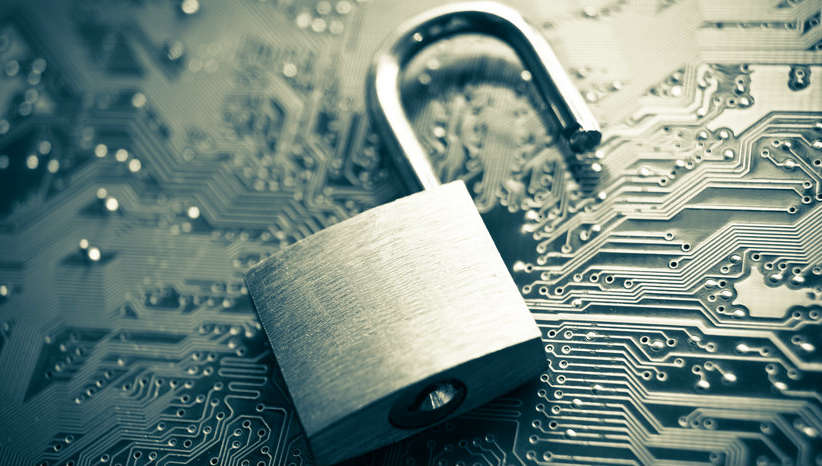
- Rising Threats: The digital landscape is plagued with malware, ransomware, and phishing attacks, becoming more frequent and sophisticated.
- Impact of Cyber Threats: These threats can lead to significant financial loss, damage to one’s reputation, and serious legal consequences.
- Preventive Measures: Effective cybersecurity measures are essential for safeguarding sensitive data, including personal information, financial details, and intellectual property, from unauthorized access.
2. Ensuring Personal Privacy:
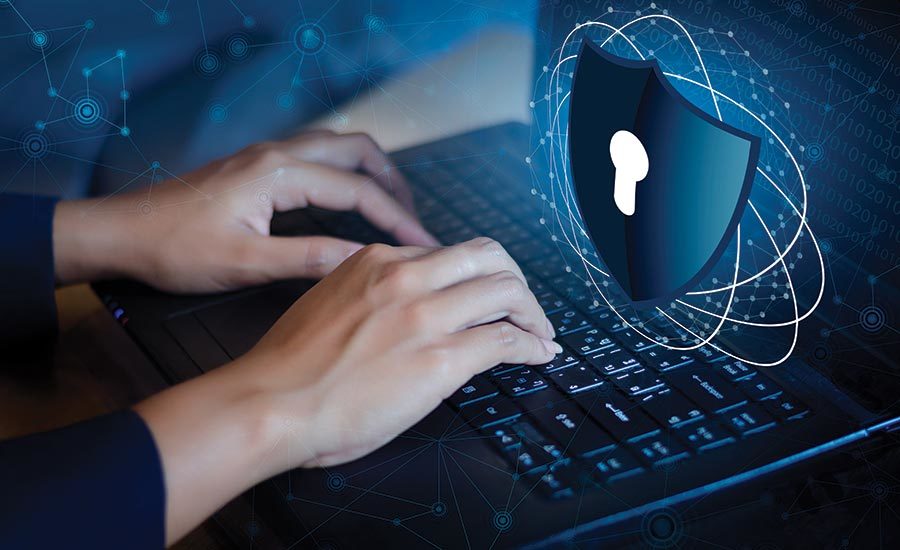
- Online Vulnerabilities: The digital age poses unique challenges to personal privacy, with vast amounts of personal information being shared online.
- Role of Cybersecurity: Strong cybersecurity practices protect personal information from unauthorized breaches and theft, utilizing encryption and secure authentication to keep data confidential.
3. Protecting Business Integrity:
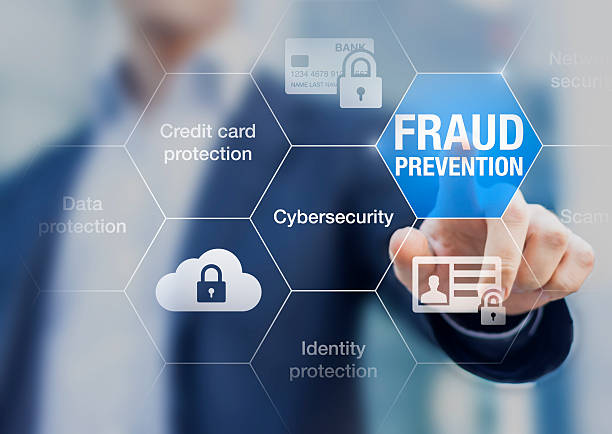
- Business Continuity: For businesses, a robust cybersecurity strategy is vital to protect essential assets, maintain customer trust, and ensure smooth operations.
- Consequences of Business Breaches: Cyber-attacks can disrupt business operations, result in hefty financial losses, and permanently damage a company’s reputation.
4. Financial Protection:

- Cost of Cyber Attacks: Cyber-attacks can impose heavy financial burdens on individuals and organizations due to the costs involved in recovery and potential compensation to affected parties.
- Investment in Security: Proactive investment in cybersecurity measures significantly reduces the risk of costly breaches.
5. Trust and Reputation:

- Building Consumer Confidence: Maintaining trust is crucial in an era when much of our interaction is online. A single cybersecurity breach can undermine trust and deter customers.
- Reputation Management: Effective cybersecurity practices demonstrate a commitment to safeguarding stakeholder data, enhancing an organization’s reputation, and building long-lasting relationships.
6. Regulatory Compliance:
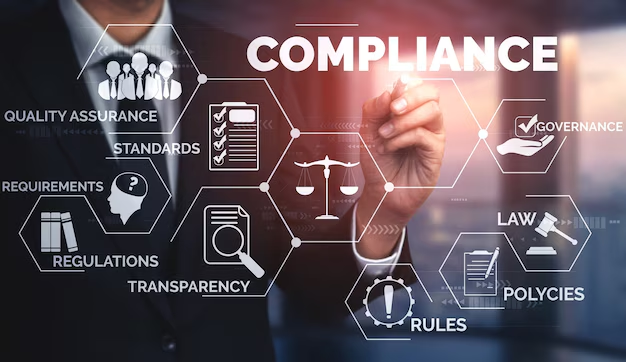
- Legal Obligations: Many industries face strict regulatory requirements regarding data protection and cybersecurity.
- Avoiding Penalties: Compliance with these regulations is not optional; failure to comply can lead to severe penalties and legal issues.
7. National Security:
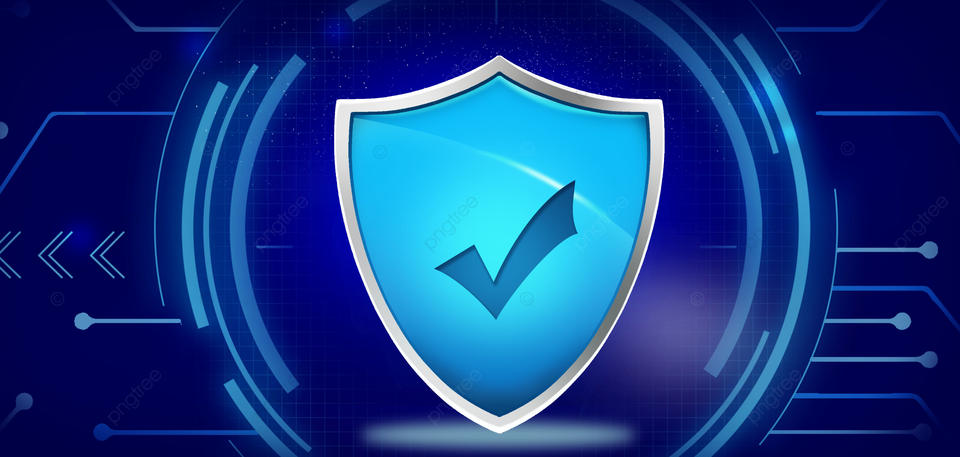
- Broader Implications: Beyond individual and corporate implications, cybersecurity is critical for protecting national security.
- Targeted Attacks: Cyber-attacks can aim at critical infrastructure, governmental bodies, and military operations, posing threats to the safety and stability of nations.
Conclusion
In our increasingly digital world, the importance of cybersecurity cannot be overstated. It is foundational for protecting personal privacy, securing business operations, preventing financial losses, and maintaining national security. Organizations like CyberNX are at the forefront, offering comprehensive cybersecurity solutions tailored to meet these challenges head-on. By prioritizing cybersecurity, we can foster a secure digital environment that supports innovation and ensures peace of mind for all stakeholders.
Moving Forward with Cybersecurity
- Stay Informed: Keep abreast of the latest cybersecurity trends and threats.
- Invest in Security Solutions: Consider professional cybersecurity services offering robust protection strategies tailored to your needs.
- Educate and Train: Regular training on cybersecurity best practices is crucial for both individuals and organizations to recognize and respond to potential threats effectively.
Cybersecurity is not just a technical requirement but a fundamental component of safeguarding our digital lifestyle. By understanding its importance and implementing strong security measures, we can protect ourselves from the vast array of cyber threats in today’s interconnected world.
Implementing Effective Cybersecurity Strategies
As we navigate the complexities of the digital world, we must adopt comprehensive and adaptive cybersecurity strategies. Here are practical steps and strategies to enhance your cybersecurity posture:
Developing a Robust Cybersecurity Framework
1. Risk Assessment:
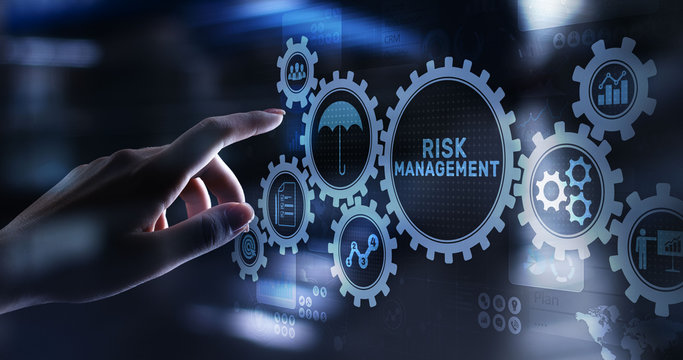
- Identify Vulnerabilities: Conduct thorough assessments to identify vulnerabilities within your systems and networks. Understanding where you are most vulnerable allows you to tailor your cybersecurity measures effectively.
- Prioritize Assets: Determine which data, assets, and systems are most critical to your operations and require the highest level of protection.
2. Implementing Strong Security Protocols:

- Layered Defense: Employ a multi-layered defense strategy that includes firewalls, antivirus software, intrusion detection systems, and encryption to protect against various threats.
- Regular Updates: Ensure all software and systems are updated to protect against the latest threats. Patch management is crucial in closing security gaps.
3. Employee Training and Awareness:
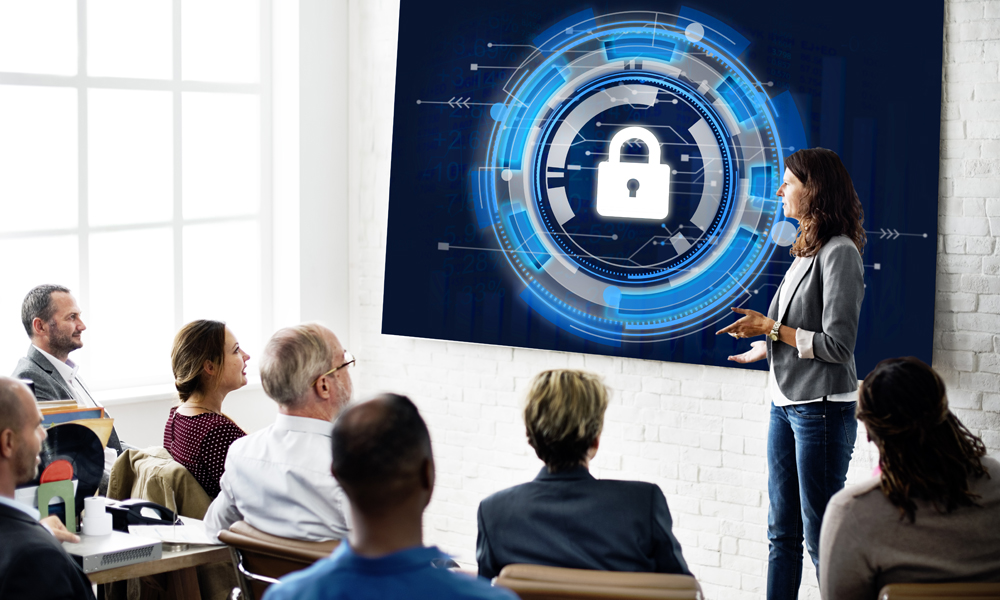
- Regular Training: Conduct cybersecurity training sessions to educate employees about cybersecurity threats and safe online practices.
- Phishing Tests: Simulate phishing attacks to teach employees how to recognize and respond to malicious emails and links.
Leveraging Technology for Enhanced Security
1. Advanced Threat Detection:
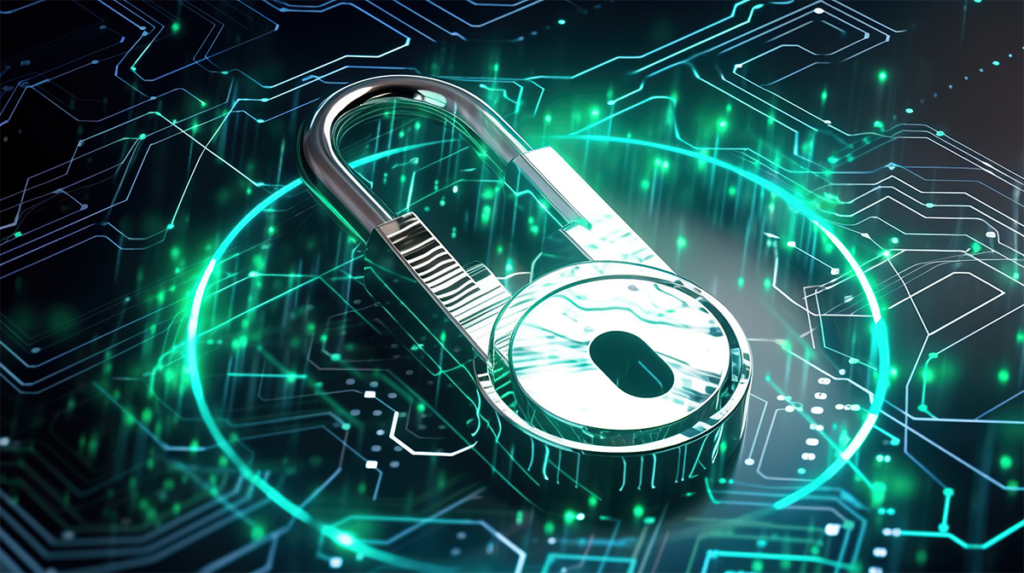
- AI and Machine Learning: Utilize artificial intelligence (AI) and machine learning to detect unusual patterns and behaviors that could indicate a security breach.
- Real-time Monitoring: Implement real-time tools that monitor your systems and networks to detect and respond to threats quickly.
2. Secure Access Controls:

- Strong Authentication: Use strong, multi-factor authentication methods to ensure only authorized personnel can access sensitive systems and data.
- Role-based Access: Implement role-based access controls to ensure employees can only access the information necessary for their job functions.
Preparing for and Responding to Cyber Incidents
1. Incident Response Planning:
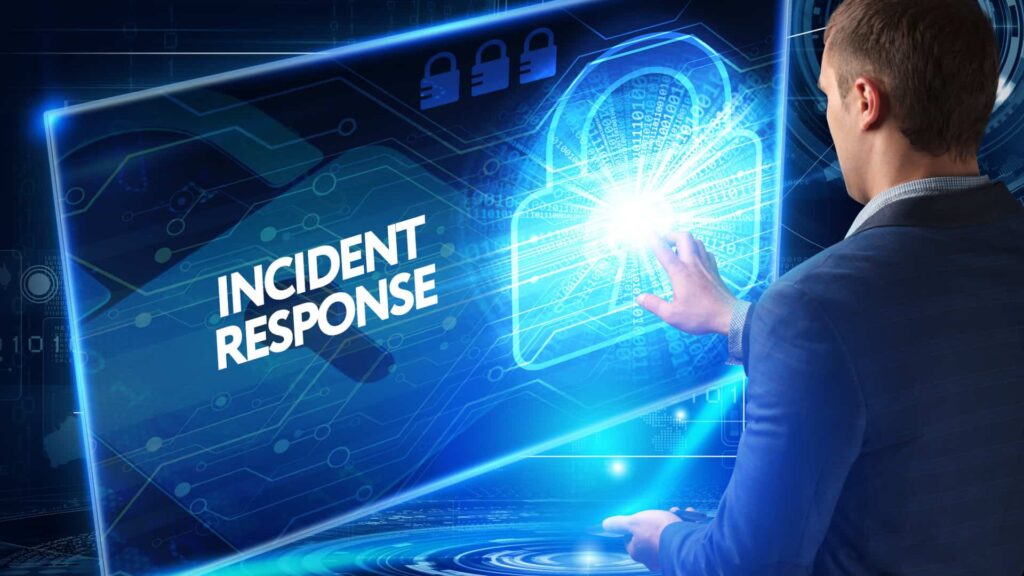
- Develop a Plan: Create a comprehensive incident response plan outlining how to respond to cyber incidents.
- Regular Drills: Conduct regular drills to ensure your team is prepared to execute the incident response plan effectively under pressure.
2. Data Backup and Recovery:

- Regular Backups: Regularly back up all critical data to secure, offsite locations to prevent data loss in a cyber attack.
- Recovery Testing: Periodically test your data recovery procedures to ensure they are effective, and that data can be restored quickly after an incident.
Creating a Culture of Cybersecurity
1. Leadership Commitment:

- Top-level Support: Ensure that cybersecurity initiatives have strong support from top management, which is crucial for allocating the necessary resources and fostering a culture of security.
- Policy Development: Develop clear cybersecurity policies and procedures that are communicated to all employees.
2. Continuous Improvement:

- Stay Informed: Stay up to date with new cybersecurity technologies and threats. The cyber threat landscape constantly evolves, and staying informed is key to protecting your organization.
- Feedback Loops: Implement feedback mechanisms to learn from security breaches and continuously improve your security measures.
Conclusion
Cybersecurity is critical to modern digital operations, requiring diligent attention and proactive measures. Organizations and individuals can significantly enhance their security posture by understanding the potential threats and implementing a comprehensive strategy to counteract them. Remember, cybersecurity is not a one-time effort but a continuous process that involves the participation of every member of the organization. By fostering a cybersecurity awareness and preparedness culture, we can safeguard our digital futures against the ever-evolving landscape of cyber threats.
FAQs
Q1: What is cybersecurity?
Ans: Cybersecurity protects computer systems, networks, and data from digital attacks. It encompasses various technologies, processes, and practices to safeguard against unauthorized access, data breaches, and other cyber threats.
Q2: Why is cybersecurity important in today’s world?
Ans: In today’s interconnected digital landscape, where businesses, governments, and individuals rely heavily on technology, cybersecurity is crucial for protecting sensitive information, maintaining privacy, ensuring business continuity, and safeguarding against financial losses and reputational damage.
Q3: What are the common cyber threats?
Ans: Common cyber threats include malware (such as viruses, ransomware, and spyware), phishing attacks, social engineering tactics, DDoS (Distributed Denial of Service) attacks, insider threats, and zero-day exploits. These threats can lead to data theft, financial fraud, and disruption of services.
Q4: How can individuals protect themselves online?
Ans: Individuals can protect themselves online by using strong, unique passwords for each account, enabling two-factor authentication (2FA) where available, keeping software and operating systems up to date, being cautious of suspicious emails and links, and using reputable antivirus software.
Q5: Why is cybersecurity important for businesses?
Ans: Cybersecurity is essential for protecting customer data, intellectual property, and financial information for businesses. A cyberattack can result in significant financial losses, damage to reputation, legal liabilities, and disruption of operations. Implementing robust cybersecurity measures is vital for maintaining trust with customers and stakeholders.
Q6: What are some best practices for cybersecurity?
Ans: Some best practices for cybersecurity include regularly updating software and security patches, conducting employee training on cybersecurity awareness, implementing access controls and least privilege principles, regularly backing up data, encrypting sensitive information, and establishing an incident response plan.
Q7: How does cybersecurity impact national security?
Ans: Cybersecurity is a critical component of national security, as cyber threats can target government agencies, critical infrastructure, and military systems. A cyberattack on essential services such as energy, transportation, or communication networks can have far-reaching consequences, posing risks to public safety and national defense.
Q8: What role does cybersecurity play in emerging technologies like IoT and AI?
Ans: Cybersecurity has become increasingly important with the proliferation of Internet of Things (IoT) devices and artificial intelligence (AI) systems. IoT devices can be vulnerable to hacking, leading to privacy breaches and potential control over critical systems. AI systems can also be exploited for malicious purposes if not properly secured, highlighting the need for robust cybersecurity measures in these technologies.
Q9: How can governments enhance cybersecurity?
Ans: Governments can enhance cybersecurity through legislation and regulation, promoting information sharing and collaboration between public and private sectors, investing in cybersecurity research and development, developing cyber defense capabilities, and fostering international cooperation to address global cyber threats.
Q10: What are the potential future trends in cybersecurity?
Ans: Future trends in cybersecurity may include advancements in AI and machine learning for threat detection and response, increased adoption of blockchain technology for secure transactions and data storage, the rise of quantum computing posing new challenges and opportunities for encryption, and a continued focus on addressing emerging threats such as deepfakes and supply chain attacks.






